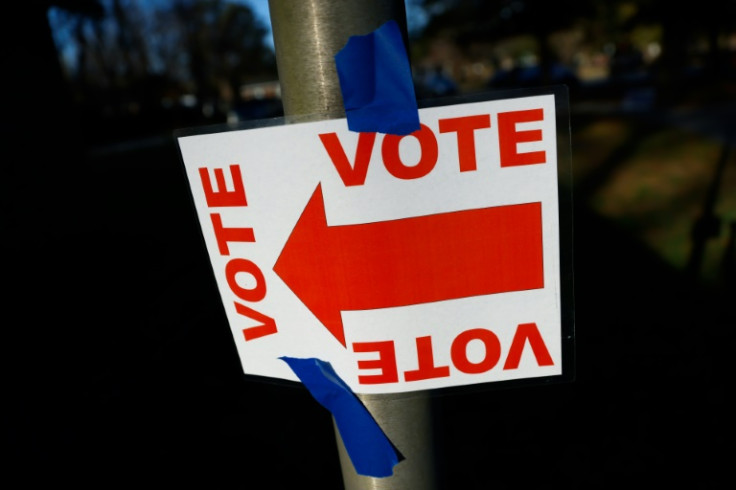
The Arizona Supreme Court determined that almost 100,000 people whose citizenship documents had not been confirmed can vote in both local and federal elections.
The issue arose after officials found a database error that designated voters as having access to the full ballot for about 20 years. Officials from different parties disagreed about the status the voters should have, with Democrat Secretary of State Adrian Fontes saying they should be able to cast full ballots and Republican Maricopa County recorder Stephen Richer disagreeing.
These voters were already allowed to cast their ballots in federal races and the Supreme Court, which leans Republican, sided with the Democrats' argument. Its members said that county officials lack authority to change voters' statuses and confirmed under penalty of law to be citizens.
"We are unwilling on these facts to disenfranchise voters en masse from participating in state contests," Chief Justice Ann Scott Timmer wrote in a passage of the ruling. Most of the 98,000 people impacted by the decision live in Maricopa County, where Phoenix sits, and are aged between 45 and 60. About 37% are registered Republicans, 27% are registered Democrats and the rest either independents or affiliated to minor parties.
Arizona requires proof of citizenship to cast a ballot in local and state races. Voters can do so by showing a driver's license or tribal ID number, as well as a birth certificate, passport or naturalization documents.
The state Supreme Court ruling comes as several Republicans across the country claim that Democrats are planning on allowing noncitizens to vote in the presidential elections. In fact, Texas governor Greg Abbott announced in late August the removal of over 1 million people from its voter rolls since 2021, including people who moved out-of-state, are deceased, and are potential noncitizens.
The statement from Abbott's office, later reiterated by a social media post by the governor himself, claims that the removed names, which allegedly includes 6,500 potential noncitizens, are being passed on to the attorney general's office for possible criminal charges.
However, representatives from American Civil Liberties Union (ACLU) in Texas have questioned the accuracy of the data presented by Abbott claiming it lacks context and is only being used by the state to intimidate voters.
The issue has escalated in the state as Attorney General Ken Paxton filed several lawsuits over initiatives to proactively send registration applications to people who are eligible but unregistered to vote. He has sued Bexar and Travis counties in what has been dubbed as a "voter registration war."
A judge in San Antonio dismissed last week dismissed one of the lawsuits, which requested to block a plan from the state's biggest counties to mail voter registration forms to residents ahead of the November election.
Paxton also recently conducted a series of raids as part of an investigation into alleged vote harvesting in Frio, Atascosa and Bexar counties, a move the League of United Latin American Citizens cataloged as an effort to "suppress the Latino vote through intimidation."
© 2024 Latin Times. All rights reserved. Do not reproduce without permission.









